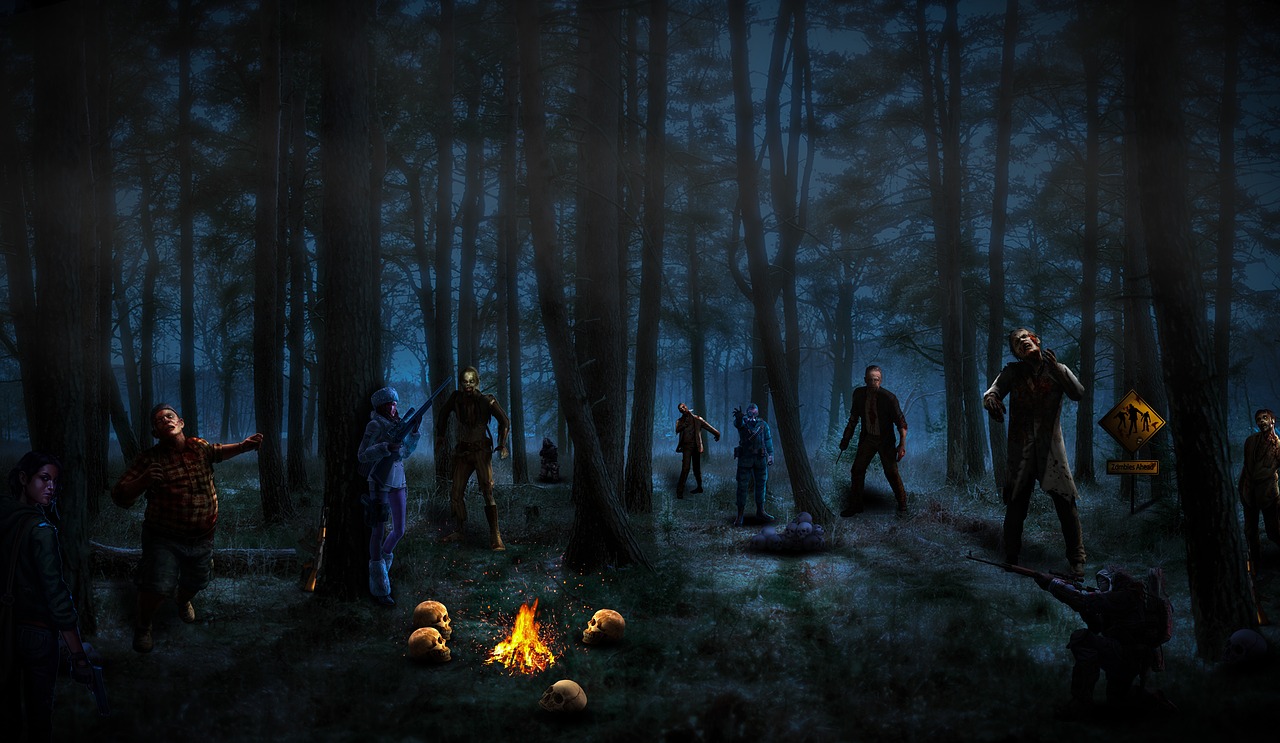The Camera Devoured
Cinematic Cannibalism in Pedro Costa’s Casa De Lava (1994)
DOI:
https://doi.org/10.31273/eirj.v7i2.461Keywords:
Pedro Costa, Casa De Lava, Portuguese Cinema, cannibalism, post-colonial aesthetics, world cinemaAbstract
Pedro Costa’s Casa De Lava (1994) draws on the cannibalistic potential of cinema in order to excavate the history of colonialism in Cape Verde. Cannibalism operates in a two-fold manner in Casa. Firstly, it refers to Costa’s practice of employing cinematic references in order to draw out otherwise concealed elements of earlier films. Secondly, it denotes an aesthetic practice in which the film is cannibalised by the people and geography of Cape Verde. By operating in a zone between documentary and fiction, Casa undermines the commodifying and exoticising tendencies of cinema. Instead, by drawing on the stories of the people of Cape Verde, the film illustrates the way in which the legacy of colonialism continues to haunt the island. Cannibal cinema in Casa is a method for making these otherwise concealed histories speak, and in doing so, create new forms of cinematic invention.
Downloads

Downloads
Published
Issue
Section
License
Authors who publish with this journal agree to the following terms:
Authors retain copyright and grant the journal right of first publication with the work simultaneously licensed under a Creative Commons Attribution License (CC-BY), which permits use and redistribution of the work provided that the original author and source are credited, a link to the license is included, and an indication of changes which were made. Third-party users may not apply legal terms or technological measures to the published article which legally restrict others from doing anything the license permits.
If accepted for publication authors’ work will be made open access and distributed under a Creative Commons Attribution (CC-BY) license unless previously agreed with Exchanges’ Editor-in-Chief prior to submission.
Authors are able to enter into separate, additional contractual arrangements for the non-exclusive distribution of the journal's published version of the work (e.g., post it to an institutional repository or publish it in a book), with an acknowledgement of its initial publication in this journal.
Authors are permitted and encouraged to post their work online (e.g., in institutional repositories or on their website) prior to and during the submission process, as it can lead to productive exchanges, as well as earlier and greater citation of published work. (see: The Effect of Open Access)
